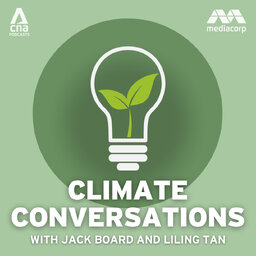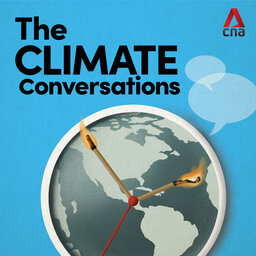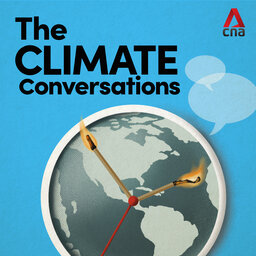It’s a 'code red for humanity', but what next after the IPCC’s latest report on the health of our planet? | EP 45
The 6th Assessment Report from the Intergovernmental Panel on Climate Change (IPCC) found that things are bleak and the time to fix it is fast running out. Jaime Ho speaks to Winston Chow, Associate Professor of Science, Technology and Society at Singapore Management University and a contributor to the report, on what more governments, businesses and people can do to avoid the worst that will inevitably come.
Climate Conversations
Climate news and views with Jack Board and Liling Tan. Join our hosts as they make sense of the clim…Social links
Follow podcast
Recent clips

What happens to Singapore’s gas supplies in times of war?
21:20

Green hydrogen - getting from pipe dream to a potential fuel for the future
21:28

The future so green: Talking to the young who will fill the climate and sustainability jobs of tomorrow | EP 46
23:44
 Climate Conversations
Climate Conversations